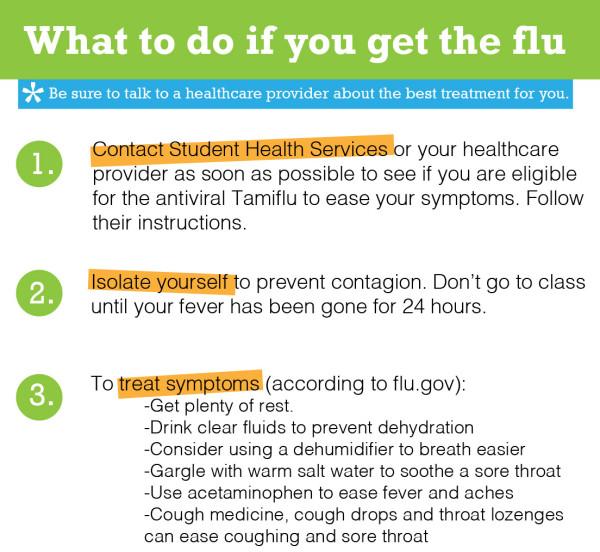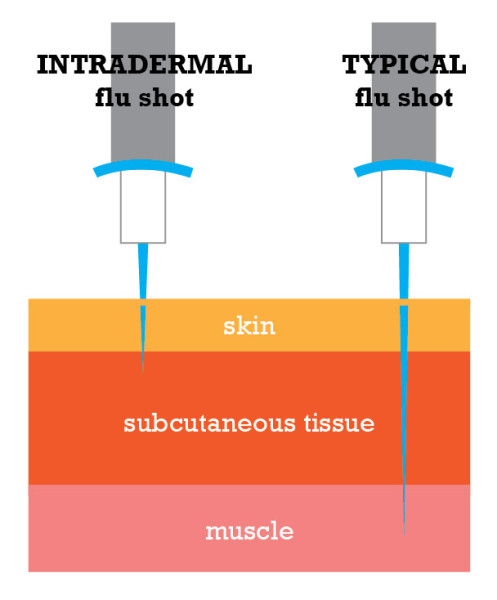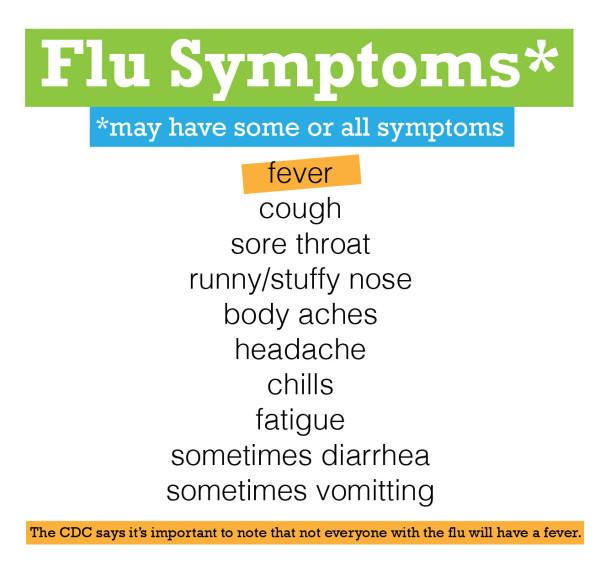
I just hold your arm like this, put it in, and it’s done!”
I didn’t plan to get a flu shot when I went to interview Director of Student Health Services Doreen Perez about flu season, but I got one anyway.

For the second year at UNF, students who opt to get a flu shot, which Perez highly recommends, will receive an intradermal shot. An intradermal shot is a much smaller needle that will inject the vaccine into the skin, rather than the muscle, like a regular shot.“We find that a lot of students when they come to us might feel like, ‘Oh, I’m afraid of the needle. Just the needle. I get it, but I’m afraid of the needle,’” Perez said. “The intradermal needles help students to get over that fear. It does not have to go deep into the muscle, and so when you place it on the skin right here, and you’ve put the vaccine fluids in, you hardly feel it.”
Perez said these shots help students learn that not all shots are painful and can protect them from the flu.
“The flu isn’t just a common cold,” Perez said. “Most people get hit hard with it.”
Flu season began in the beginning of October and lasts until the end of spring. Perez said the illness comes on fast, and knocks people out for about a week.
“You go to bed feeling great,” Perez said. “You wake up in the middle of the night and you might have a very high fever—sometimes 102, 103 fever. Your body feels like you were hit by a MAC truck. Achy, malaise, watery eyes, you start feeling a sore throat—the worst throat you’ve ever felt before, headachy, and just feeling like, ‘Boy if I could stay in bed for the next three weeks, it might help me feel better.’”

For students who come to the clinic within the first few days of getting sick, Student Health Services can test for the flu and possibly provide Tamiflu, an antiviral, to students who have it. While it’s not a cure for the flu, it can help reduce symptoms. Perez said doctors try to use it conservatively, to help protect its effectiveness.
While an antiviral is available, it is only effective if you see a doctor very soon after you start feeling ill, and is still not a cure. Perez says that the flu can be prevented by getting the vaccine and by living a healthy lifestyle.
“Who can afford to be sick?” Perez said, noting that college students are busy with school, work and recreation. “What we suggest is don’t get fatigued, eat well, of course plenty of fluids, and eat good foods.”
Student Health Services is offering the intradermal flu vaccines to students for $15. To get one, visit Medical Compliance, Building 39A Room 2100 during normal business hours: Monday – Friday 8:00 a.m. to 5:00 p.m.
—
For more information or news tips, or if you see an error in this story, contact features@unfspinnaker.com.











